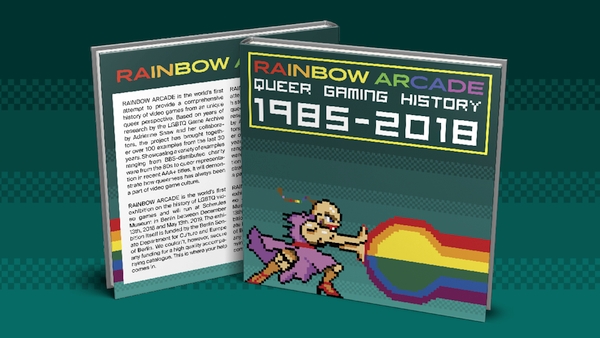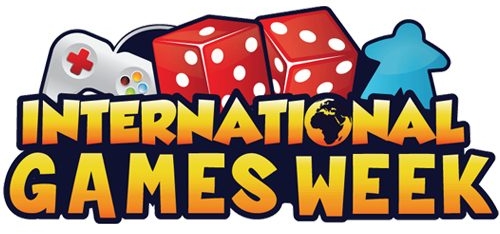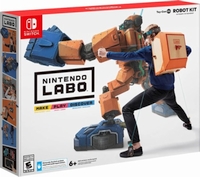
The Schwules Museum in Berlin has opened their Rainbow Arcade, an exhibit which will explore the “queer history of video games”:
For the first time in the world, the queer history of video games will be explored in a major exhibition: RAINBOW ARCADE at Schwules Museum features a wide variety of exhibits spanning over 30 years of media history, including 12 playable titles, concept drawings, modifications written by fans themselves and documentations of online communities. RAINBOW ARCADE will be taking stock of contemporary pop cultural questions of representation, stereotypical and discriminatory narratives in entertainment media, and our cultural memory. For the first time, research by the LGBTQ Game Archive will be presented in a museum.
Visitors to the museum will be able to play several examples of gaming’s queer history, including GameGrumps’s Dream Daddy, Midboss’s 2064: Read Only Memories, Anna Anthropy’s Lesbian Spider-Queens of Mars, and more.
The Rainbow Arcade exhibit is curated by Sarah Rudolph (herzteile.org), Jan Schnorrenberg (Schwules Museum), and Dr. Adrienne Shaw (Temple University, LGBTQ Video Game Archive), and it’ll be open to the public through May 13, 2019.



